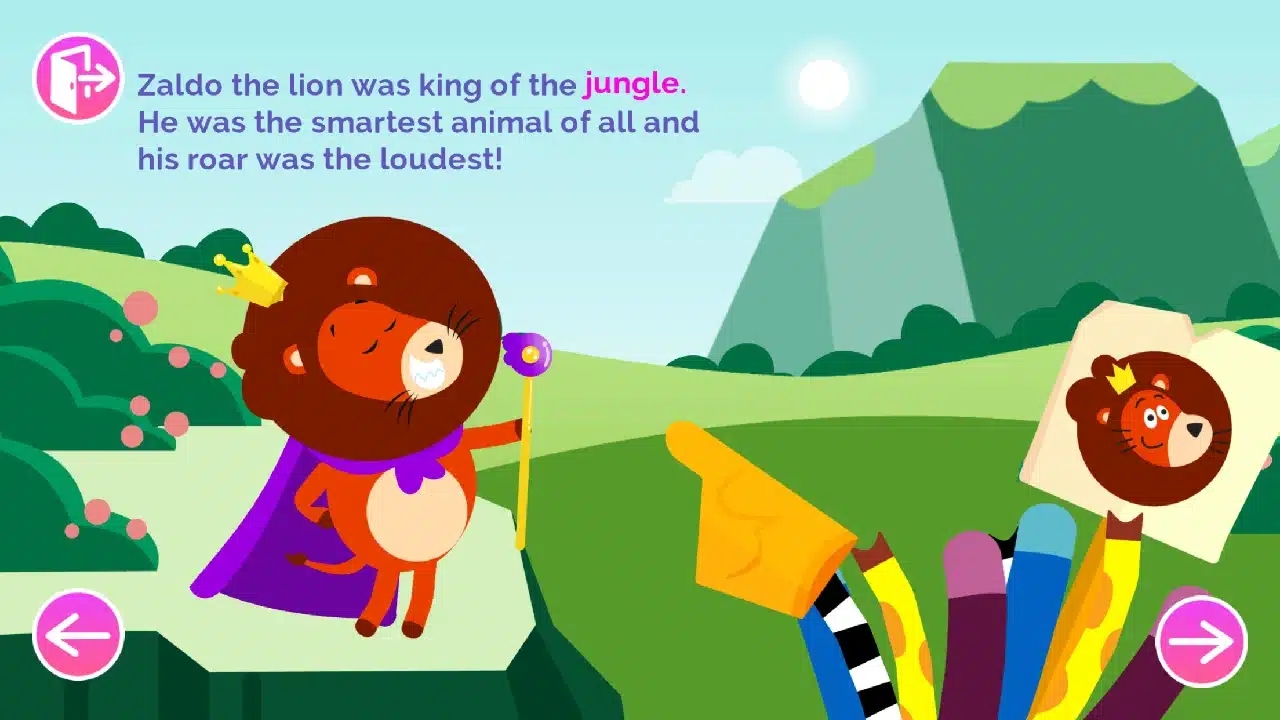Self-esteem activities for kids play a crucial role in a child’s overall well-being and development. When children engage in activities that boost their self-esteem, they are more likely to feel good about themselves, take on challenges with confidence, build healthy relationships, and succeed academically. As parents and educators, it’s important to incorporate self-esteem activities for kids from an early age to nurture their confidence and positive mental health. In this article, we will explore a variety of activities and strategies designed to enhance self-esteem in children aged 3 to 6, fostering a strong sense of self-worth.
Self-esteem refers to how individuals perceive and value themselves. It is influenced by various factors, including personal achievements, relationships, and experiences. Developing a healthy self-esteem allows children to have a positive self-image, recognize their strengths, and believe in their abilities. According to renowned child psychologist Erik Erikson, self-esteem is built during early childhood through positive interactions and experiences. It is important to provide children with a nurturing environment that supports their emotional and social development, allowing them to develop a strong sense of self.
Introducing children to the concept of self-esteem is essential for their emotional and social development. By teaching them about self-worth and confidence from an early age, parents and educators can lay the foundation for a positive self-image. Engage children in the educational topic of self-esteem through interactive games, captivating stories, and educational worksheets available on Smart Tales. These resources provide engaging and age-appropriate content that helps children understand the importance of self-esteem and develop a strong sense of self. Start the journey of building self-esteem with your child or student today!
Smart Tales stories are a powerful tool for promoting self-esteem in children. Our characters face various challenges, overcome obstacles, and achieve milestones, teaching children the importance of believing in themselves and their abilities. Additionally, the stories encourage children to explore and appreciate their own uniqueness, thus contributing to strengthening their self-esteem.
In the vast array of interactive and educational games within the Smart Tales app, your child or student can embark on exciting games that promote self-esteem. By engaging with lovable characters and participating in confidence-building activities, children can enhance their self-image and develop positive mental health. Explore these empowering games now!
Through the carefully designed and curated educational worksheets of Smart Tales, created with care and attention by experts in pedagogical education, your child or student can learn and reinforce self-esteem skills. These worksheets provide practical exercises and thought-provoking activities to boost confidence and foster positive self-perception. Download and engage with these worksheets now!
In conclusion, building self-esteem in children is crucial for their overall development and well-being. By implementing activities that celebrate achievements, encourage decision-making, foster a growth mindset, create a safe and supportive environment, and promote cooperative play, parents and educators can empower children to develop a strong sense of self and positive mental health. With the interactive stories, games, and educational worksheets available on Smart Tales, children can embark on a journey of self-discovery and build confidence while having fun. Start nurturing self-esteem in children today for a brighter and more fulfilling future.


